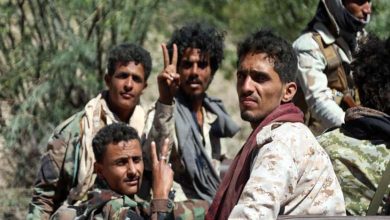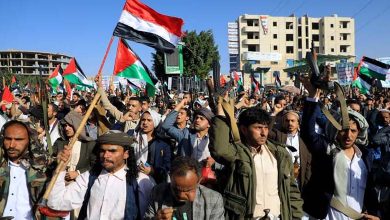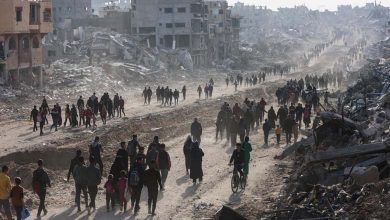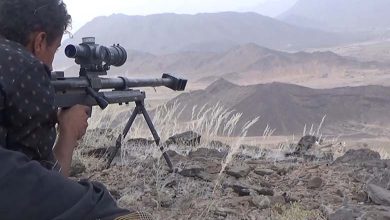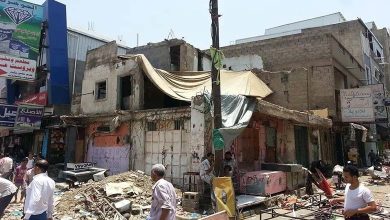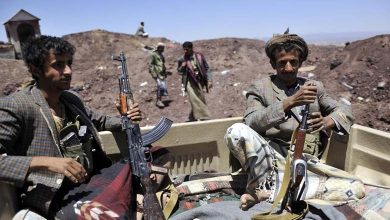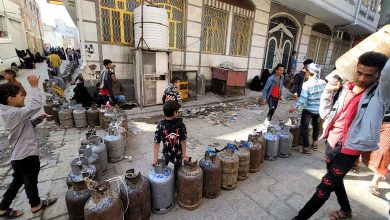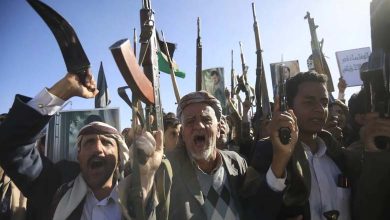Hezbollah Faces Internal Dissent and Divisions
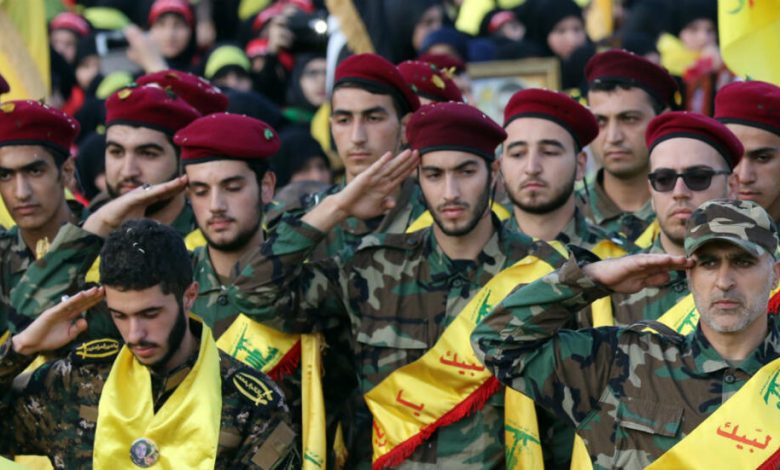
Amid escalating military tensions, Hezbollah in Lebanon is grappling with internal strife marked by fissures among its leadership and fighters. This crisis comes at a critical juncture as the region witnesses military escalation from both Tel Aviv and Hezbollah itself.
Internal disobedience
There appears to be a state of disobedience among Hezbollah‘s reserve fighters, who are refusing to return to the front lines in the south. In response, the party’s administration has resorted to threatening to withhold salaries, aid, compensation, and health insurance to compel them to return to combat.
Thousands of summonses have been sent to former fighters, urging them to rejoin the ranks and fight for Jerusalem. However, sources within the militia indicate that fighters are resisting the call to war, citing inadequate support for relocating displaced persons from the south.
The sources confirmed that Hezbollah has adopted the slogan “No Enrollment, No Aid.” The party seems to be moving towards tightening measures against the fighters, emphasizing that war leaves no room for bargaining or pressure from the combatants.
False slogans
The internal divisions rocking Hezbollah highlight a stark contrast between the party’s internal reality and the image it tries to project to the world. The slogan “For the sake of the leader,” which symbolizes absolute loyalty and readiness to sacrifice for the party’s cause and its leader Hassan Nasrallah, is now facing a real test.
Internally, there is a noticeable increase in rejection and rebellion among the fighters, who are supposed to be the most loyal and dedicated. This rebellion is not merely a refusal to return to combat but a challenge to the leadership’s authority and a questioning of the credibility of the slogans being raised.
This shift indicates that the morale and belief in the cause have significantly eroded. The call for sacrifice has lost its luster and impact amidst the difficult realities faced by the fighters and their families.
The sources attribute this shift partly to the deteriorating economic conditions within the party, which have gone unaddressed effectively. This has impacted its ability to provide adequate support to its fighters and their families. Additionally, policies and involvement in regional conflicts have raised questions about the true objectives and required sacrifices.
These schisms cast doubt on Hezbollah‘s future and raise questions about its ability to maintain its strength and influence, especially given the destruction in southern villages, which have been left nearly deserted. This situation threatens the erosion of the grassroots base the party has historically relied upon.
Halved salaries
The internal situation within Hezbollah indicates growing challenges for the party. A well-informed source revealed that the party anticipated some signs of disobedience. This expectation is partly due to the party’s recent actions, including funding and arming “Al-Fajr Forces,” an arm of an Islamic group that had ceased military operations in the south for years.
With Hezbollah‘s support, these forces have returned to the region, conducting intermittent military operations, reflecting the party’s desire to reclaim its former glory.
-
Israel and Hezbollah… 6 Months of “Measured Tension”
-
Israel Prepares Logistically and Militarily for War with Hezbollah
According to available information, Hezbollah appears to be leveraging the financial need of its fighters to motivate them to engage in military operations. Contracted fighters previously earned around $400, while the highest-ranking full-time members received about $600.
However, due to severe economic crises and ongoing sanctions on Iran, these salaries have been halved. This financial downturn has hindered Iran’s ability to provide financial support to Hezbollah and its fighters, complicating the party’s ability to maintain loyalty among its fighters and increasing the likelihood of disobedience and rebellion within its ranks.


